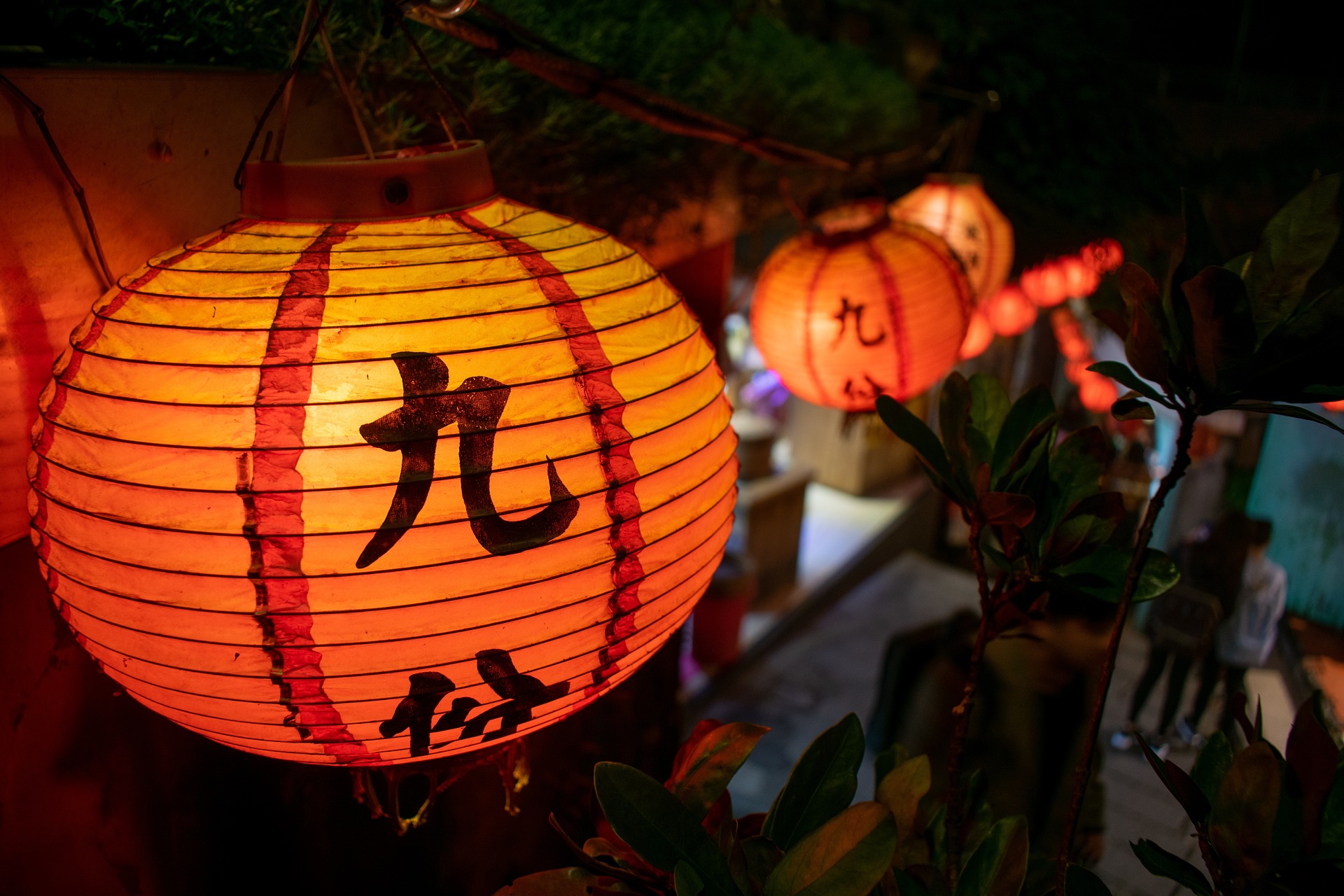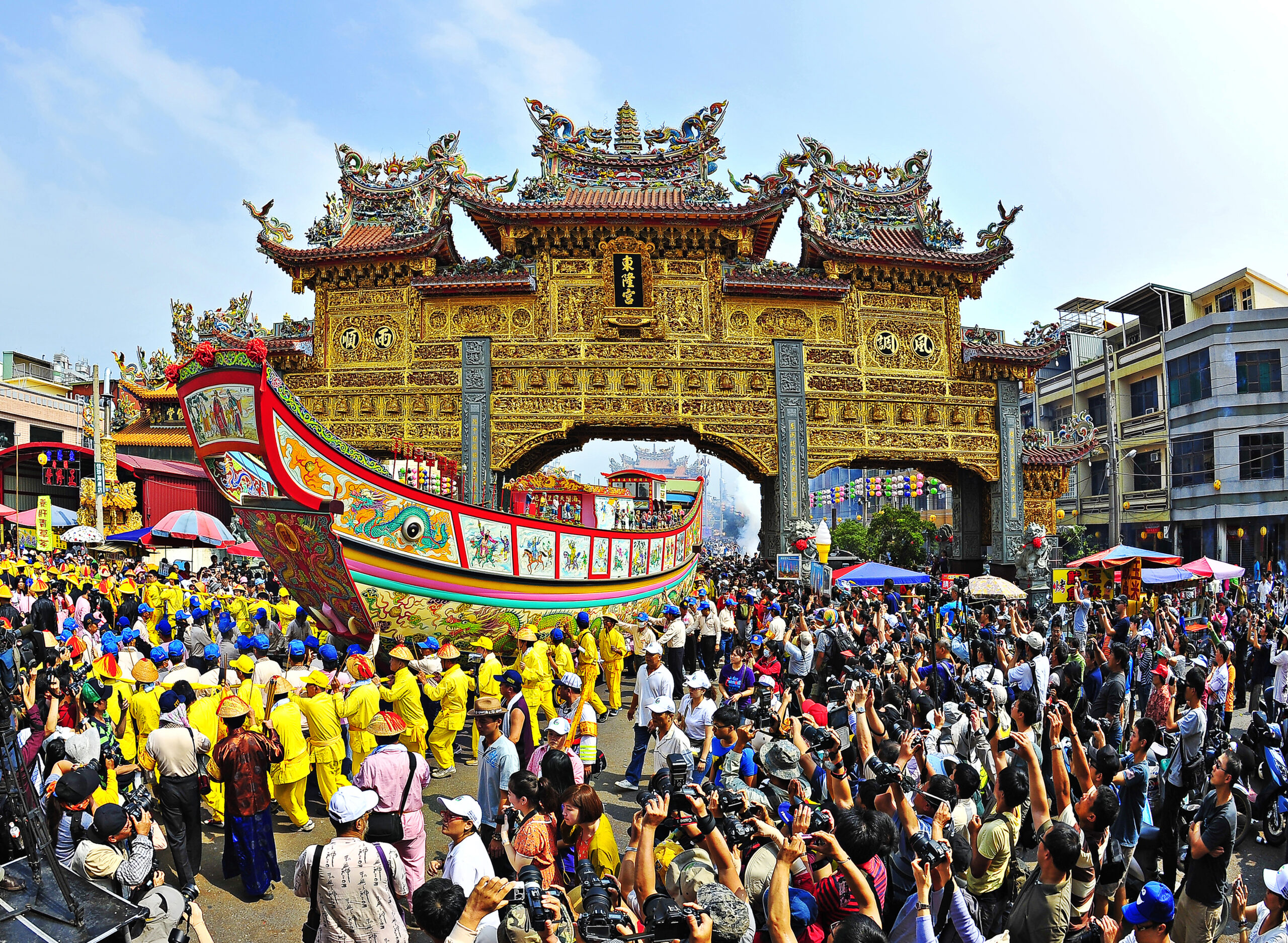Welcome to Taiwan, a land brimming with a rich cultural legacy that spans centuries. From 17th-century temples and historic sites to traditional villages and indigenous traditions, Taiwan offers a plethora of heritage trails, cycle routes, and cultural corridors that are waiting to be explored. In this blog post, we invite you on a journey to delve into Taiwan’s vibrant past and discover the fascinating stories and traditions that have shaped the island’s complex cultural identity. Lace up your walking shoes — or put on your cycling shorts — and embark on an exploration that embraces the spirit of adventure.
Unveiling the Paths Less Travelled
Discover the allure of Taiwan’s heritage trails, off-the-beaten-path routes that reveal architectural, artistic, and natural treasures and showcase the island’s cultural heritage. These trails and routes offer an immersive experience, allowing you to connect with traditions, stories, and rituals that have been passed down through generations.
Taiwan’s temples and shrines guard local spiritual heritage. As soon as you step into the sacred world of local religion, our knowledgeable guides can explain the timeless rites and belief systems that you will see with your own eyes. As you explore magnificent landmark buildings filled with intricate carvings and colourful decorations, you will learn about the deities that local people worship in places such as Longshan Temple in the historic Taipei neighbourhood of Wanhua or Jenn Lan Temple in Dajia (near the booming metropolis of Taichung). Each of these sanctuaries holds a unique significance and offers an enthralling glimpse of local religious heritage.

Lanterns in Jiufen near Taipei
Tracing Taiwan’s Past at Historic Sites
Travel back in time as you visit sites and monuments that bear witness to episodes in the past. Taiwan — described by one academic as lying at ‘the nexus of empires’ — has experienced Austronesian and Chinese settlement, a period of Japanese colonialism that was both exploitative and beneficial, and incursions by the Dutch, the Spanish, and the French.
From the imposing remains of Fort Zeelandia, a 17th-century relic of the Dutch East India Company’s trading colony, to the quaint streets of Anping, the characterful old town that surrounds it, these sites offer a window into Taiwan’s turbulent history and its struggle to control its own destiny. Immerse yourself in the stories of yesteryear and uncover the layers of Taiwan’s complex past.
Uncover the remnants of Taiwan’s colonial past and recognise the indelible marks they have left on the island’s cultural landscape. Visit sites such as the former British Consulate and Residence in Kaohsiung or the richly characterful old streets of Jiufen, which boomed as a mining town during the 1895-1945 period of Japanese rule. No town or city is without distinctive architectural reminders of the time when Japan ruled the roost in East Asia.
Indigenous Villages
Some 2.4 percent of Taiwan’s 23.9 million people are of indigenous Austronesian descent. The ancestors of these people, who now form 16 government-recognised tribes and several more unrecognised ethnic groups, came to the island thousands of years ago. And from Taiwan, the Austronesian people spread across the Pacific, as far as Hawaii and New Zealand, influencing languages, cultures, and foodways on dozens of islands.
The best way to experience the culture of these indigenous communities is to travel into the mountainous interior of Taiwan, to villages where traditions and customs have been carefully preserved for generations. Engage with indigenous artisans, learn about their unique practices, and gain a deeper appreciation for the Austronesian heritage that thrives in Taiwan. Witness with your own eyes the unique community government of Smangus, the remarkable slate houses in Wutai, and tribal wetland-management techniques in Fataan.
Cultural Festivals: Celebrating Vibrant Heritage
Experience the joy and exuberance of Taiwan’s cultural festivals, where traditions come alive through vibrant parades, lively performances, and colourful displays. Whether it’s lantern-launching activities in Pingxi or Shifen, thrilling boat races during the Dragon Boat Festival, or the huge Mazu pilgrimage in central Taiwan, these festivals provide a glimpse into the island’s diverse cultural tapestry and offer an opportunity to participate in age-old rites. If you visit in the second half of 2024 you may be able to witness a remarkable boat-burning ceremony in Donggang, a fishing town on the southwest coast.
Marvel at Taiwan’s architectural wonders and artistic treasures, which range from ornate temples founded hundreds of years ago to cutting-edge architectural statements like the National Taichung Theater (also known as the Taichung Metropolitan Opera House). To appreciate the local art scene, pay a visit to the National Taiwan Museum of Fine Arts, also in Taichung, or the Museum of Contemporary Art Taipei.

Donglong Temple King’s Boat Parade (Taiwan Tourism Bureau Photo)
Local Cuisine: Tasting Taiwan’s Culinary Heritage
No visit to Taiwan is complete without a deep dive into the island’s culinary delights. Taiwanese cuisine has been described as ‘a fertile conversation – certainly not an argument or contest – between Chinese, Japanese, Austronesian, and other culinary traditions… the cuisine’s conventions and boundaries [are] as fluid and blurry as the island’s status.’
On every Life of Taiwan private tour we always make sure our guests have plenty of chances to sample iconic dishes like beef noodle soup, stinky tofu, and pineapple cakes, and to explore bustling night markets where street food takes centre stage. From farm-to-table experiences to cooking classes, Taiwan’s gastronomic scene offers a delectable journey
To get practical tips and recommendations for planning a heritage-trail adventure in Taiwan, contact our travel experts today. We can advise on the best times to visit, transport options, and themed itineraries. After your arrival, our guides will explain essential cultural etiquette to enhance your experience. To throw open a window on this island’s fascinating heritage and culture, book a luxury tour of Taiwan tailored to your needs and interests.
